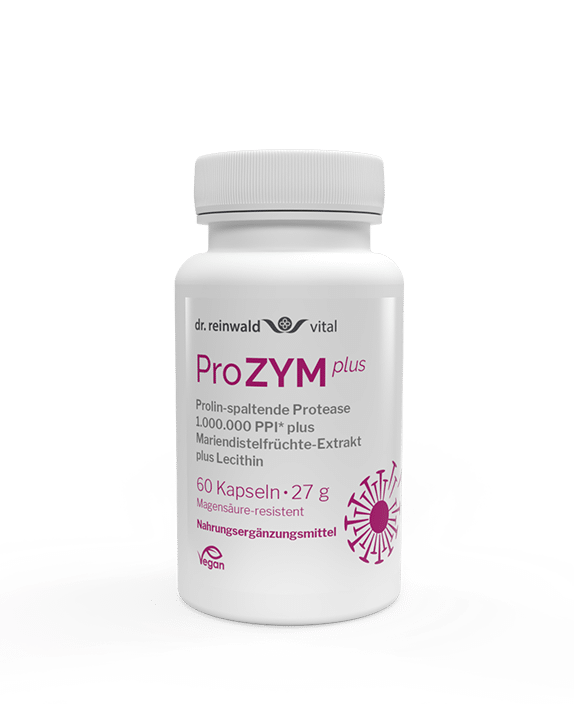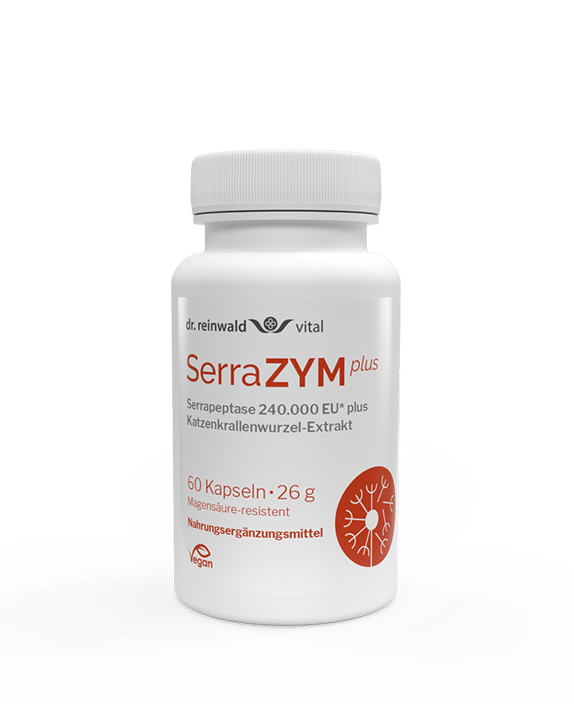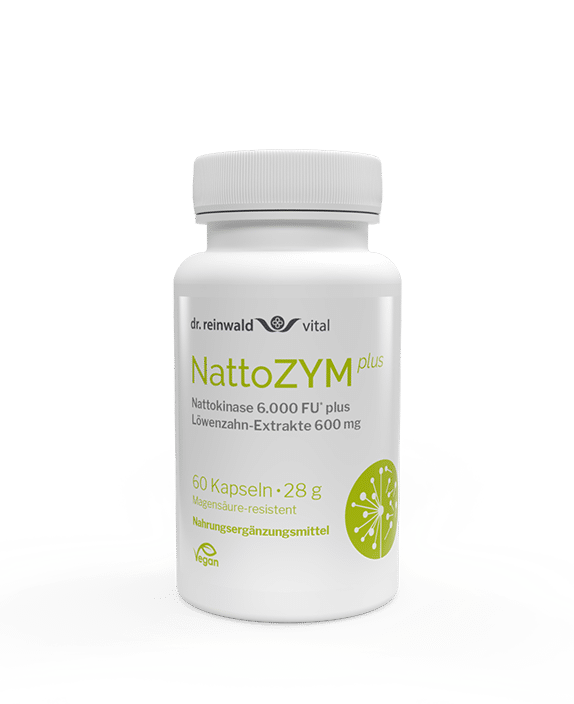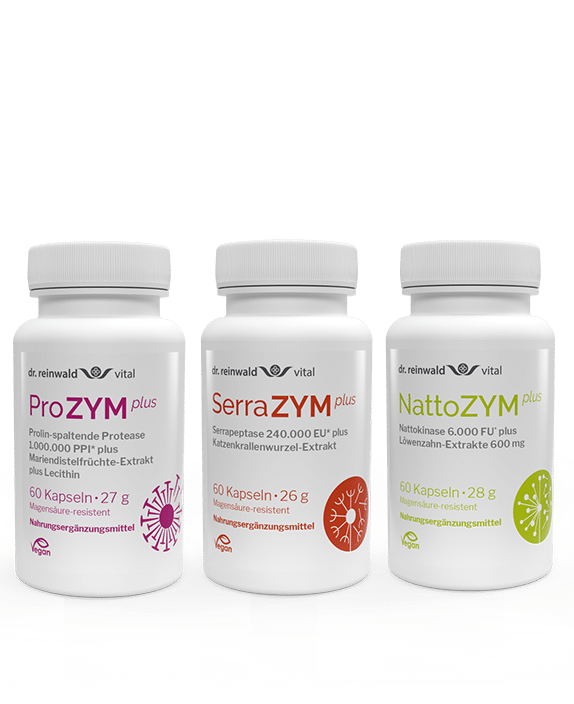What do proteolytic enzymes do?
Peptidases (short for peptide bond hydrolases) are enzymes that can cleave proteins or peptides. In doing so, they catalyse the hydrolysis of peptide bonds. Peptidases are often also called proteases, proteinases or proteolytic enzymes, especially when larger proteins are cleaved.
Peptidases are known in all human and animal organisms primarily as digestive enzymes in the stomach and intestine, where they catalyse the cleavage of dietary protein. Special peptidases, the prolyl peptidases, can even break down gluten, which is otherwise indigestible.
But by far not only. Peptidases are ubiquitous, i.e. they occur in all tissues and cells of all organisms, where they take on a wide variety of tasks. Enzymes are central players in metabolism. Without proteolytic enzymes, life is not possible. They are the catalysts without which no conversion or degradation of proteins or peptides can take place. All compartments and structures of the body consist of protein-containing compounds: Cells, tissue, blood, organs, skin and bones – proteases and peptidases help maintain them.
If proteins or protein-containing structures of the body are no longer needed, are damaged or even harmful, they are degraded by peptidases. The body also uses this mechanism to defend itself against invading pathogens, such as bacteria, viruses or spike proteins. These also consist of protein structures and can be broken down and degraded by proteases.
Therefore, proteolytic enzymes are found in many body fluids, where they sometimes take over highly specific tasks, such as the peptidases of the blood coagulation system, the complement system and the fibrinolytic system.
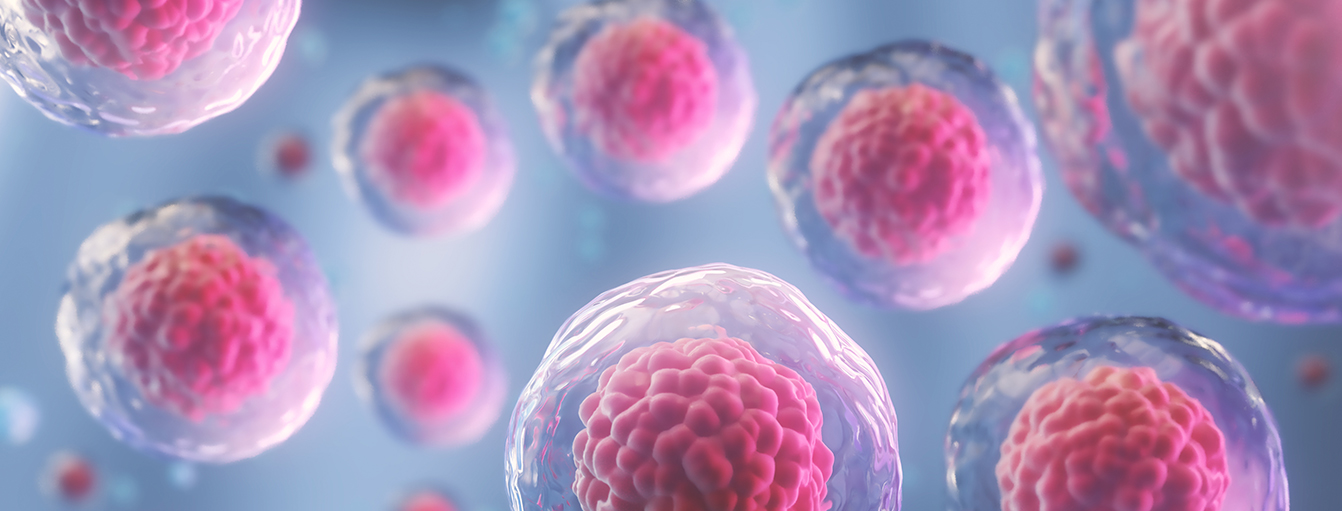
»Our cells engage in protein production, and many of those proteins are enzymes responsible for the chemistry of life.«
Randy Schekmann (Cell biologist & Nobel Prize winner)
What is a fibrinolytic enzyme?
A fibrinolytic enzyme brings fibrin into lysis, i.e. dissolution. Fibrin is the coagulant of the blood, which has the task of closing wounds in case of injury. However, fibrin is also involved in varicose veins, haematomas, blood clots and vascular plague.
The function of a fibrinolytic enzyme is to dissolve these fibrin-containing protein structures in the entire organism. As a systemic enzyme, it can therefore be effective in different compartments of the body, not only in the intestine but also in the bloodstream, the tissues and the brain. It contributes to the purification of the blood and thus to the normalisation of its flow properties and blood pressure. This in turn favours the supply of oxygen and nutrients to the tissues. On the other hand, it improves the removal of metabolic waste and waste products, which in turn helps to reduce inflammation and swelling and the associated discomfort. Good blood circulation also protects the cardiovascular system and the brain.
What is prolyl peptidase?
Prolyl peptidase has the special ability to cleave the amino acid proline. Proline protects gluten, the so-called glue protein from grain products, from being digested. Many people have developed gluten sensitivity, even inflammatory bowel conditions, which can be calmed by gluten reduction or gluten cleavage using proline-cleaving enzymes.
The speciality of prolyl peptidase is the cleavage of particularly resistant proline compounds, which protect foreign proteins, such as those found in bacteria, viruses and their spike proteins, from the body’s own defences and digestion.
ProZYM plus provides a prolyl oligopeptitase that is enzymatically active in an universal pH range and can therefore be systemically effective in different compartments of the body. This means that the range of action is not only in the intestine, but that proline-containing peptide structures can also be cleaved in the tissues or in the blood.
